Organic Intellectuals (Olavo de Carvalho)
Organic Intellectuals
Only recently did I read an interview Professor Carlos Nelson Coutinho gave to the newspaper Valor, in which—stretching the meaning of words as far as they can go—he included me among those who allegedly harbor a “prejudice against Marxism.” Despite the somewhat distant date of the interview, it is worth examining the document, as it illustrates the peculiar modus pensandi of an “organic intellectual.”
“Prejudice,” in case anyone is unaware, is an opinion formed prior to rational examination. However, with the general deterioration of language, the word has become a stigmatizing cliché, which the most prejudiced among us use to label any conclusion that opposes their own biases—even if such a conclusion was reached through long study and careful consideration.
Professor Coutinho embraced militant Marxism at the threshold of his youth, before having examined more than a minuscule fragment of Marxist literature; and four decades later, he remains a Marxist without having acquired more than a peripheral acquaintance with anti-Marxist argumentation. I, on the other hand, having made a similarly premature choice, suspended my commitment a few years later and refrained from making political pronouncements for two decades while I weighed the arguments for and against Marxism with care. Eventually, I emerged from silence expressing views that contradict the youthful sentiments in which Professor Coutinho’s personality, life, and neurons have fossilized.
Between the two of us, it is obvious who the prejudiced one is: he, who has never written a line that wasn't retroactively designed to give an air of intellectual sophistication to beliefs he had already embraced—body, soul, and party membership card—before making any relevant use of his intellect.
That doesn’t mean he makes more substantial use of that faculty today than he did in the early days of his activism. At the very least, he doesn’t employ it enough to realize the absurdity of stating that I entered the media “with great backing,” and then immediately referring to me as “an isolated voice” that “represents nothing.” Either I speak with my own isolated voice, or someone who backs me is speaking through my mouth. Professor Coutinho must make up his mind whether he wants to call me a mouthpiece or a lone eccentric. If entre les deux son cœur balance, this only proves he is intent on labeling me as something—anything—regardless of coherence. When I say Marxism makes people stupid, this is precisely the kind of phenomenon I am referring to.
To this day, no leftist has managed to say anything intelligent against me. Faced with the “isolated voice” that frightens them, all they have offered is a display of ineptitude, cowardice, and whispered malice. Some time ago, I challenged Professor Coutinho and his eighty loyal squires from a website dedicated to the beatification of the founder of the Italian Communist Party to a debate on Gramsci—including an offer to exchange links between our respective web pages. They fled, as usual, feigning wounded dignity, and on Christmas Day no less, penned a peevish letter denouncing the offer of link exchange as a dictatorial imposition.
It’s always that 1984 thing: democracy is dictatorship, dictatorship is democracy. Discussion is imposition, imposition is discussion. Concept is prejudice, prejudice is concept.
The reader unaccustomed to dealing with communists may find it strange how easily, how serenely they pose as victors after such an ostentatious retreat. But believe me, the phenomenon is not explained by mere shamelessness. They maintain a triumphant air even in flight because they are not intellectuals like the others. They are—and boast of being—"organic intellectuals," cells of a vast fighting body. They never act alone. They always have the logistical support of an innumerable network of obscure, anonymous militants who can carry on the fight in the bas fonds of intrigue and slander when the more respectable spokespersons of the “collective” fare poorly in public confrontations. When the voices above fall silent, those below begin the murmuring in the underground.
Right now, while my most notorious detractors retreat to lick the wounds from recent skirmishes, a journalist from São Paulo—more communist than the plague, a deplorable human wreck who seeks in political hatred relief from his indescribable misery of soul—is spreading notices on the internet alleging that I, Olavo de Carvalho, haven’t worked for thirty years and… live off the exploitation of women. Said out loud, on a platform open to public view, this would expose the gossip to universal contempt. Whispered in the virtual world, it might even work. Intrigue spreads through conditioned reflex, not through conscious adherence. One doesn’t need to believe it to pass it on, to repeat it automatically and end up taking it as an implicit premise in judgments and decisions.
The manipulation of mental automatisms becomes even easier in an atmosphere infected with collective hatreds and fears aimed at more or less distant targets, only known by hearsay. The leftist environment is the ideal breeding ground for that kind of bacteria.
It’s by always counting on this reserve background that the “organic intellectual” can feel victorious even in defeat. He loses, but the Party never does. There's no use knocking one of these guys down in the ring. While you're receiving your medal, they've already ruined your name among the neighbors. And when you, filled with the prestige of a champion, go ask for a kilo of beans on credit at the corner store, the Portuguese grocer, averting his gaze, tells you business is bad and you no longer have credit.
The most perfidious thing in all this is that the famous communist can always come out looking good, claiming he disapproves of the immoral methods used by his anonymous comrades. But from the moment he accepts being an “organic intellectual,” he can no longer help but benefit from the methods he disapproves of. It’s not a matter of choice. The Party works for him just as he works for the Party, in the organic and indissoluble unity of a beautiful public image with hidden roguery.
The immorality of communist militancy is intrinsic and does not depend on personal approval. And the height of immorality lies precisely in the fact that the subject can remain clean at the very moment he takes advantage of filth committed by others—filth he doesn’t even need to know about. It’s the perfect synthesis of good conscience with lack of conscience.
0



 Blackpill_52
Blackpill_52
 Billy Von Bomb
Billy Von Bomb![React: JOÃO CARVALHO NÃO SABE O QUE É FASCISMO [REVOLUSHOW] - João Eigen](https://cdn.mgtow.tv/upload/photos/2025/09/YXcSnwZzQwbRDiR5U9lb_12_c860c21a8b09d171d1e4cd1584ab61cf_image_thumb_high.jpg)
 Sant77
Sant77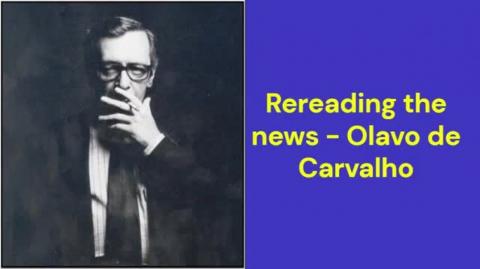
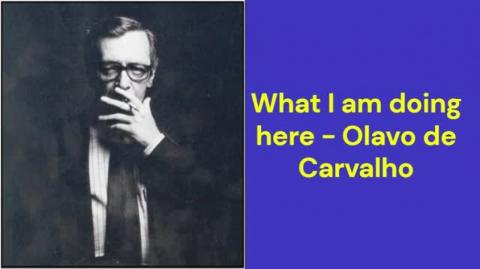
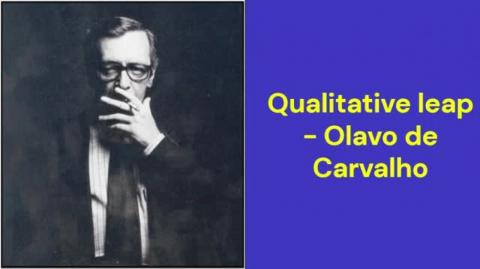
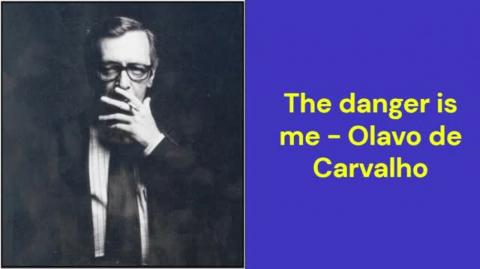
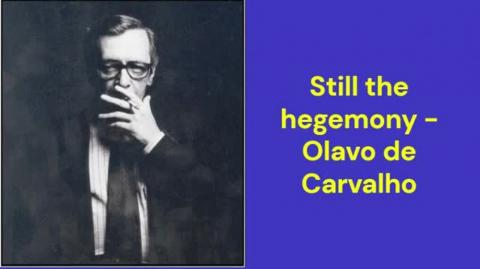
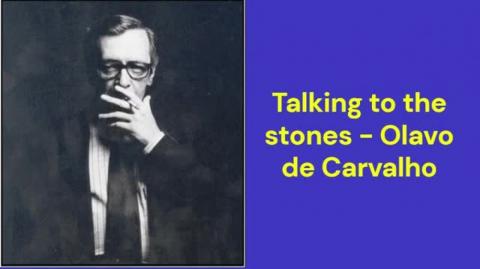
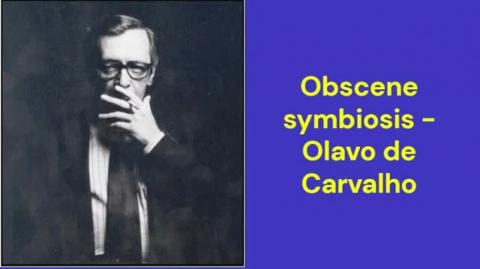

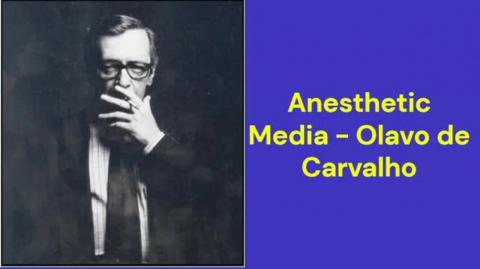
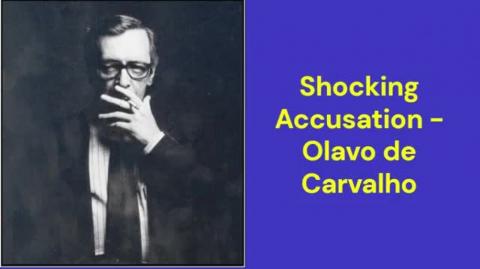
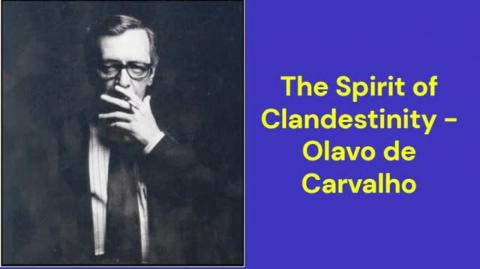
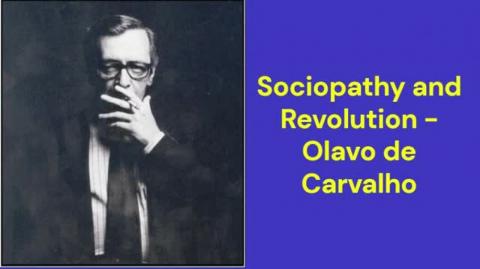
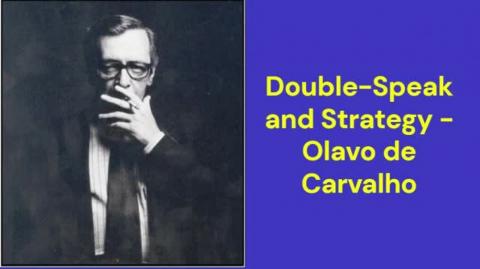
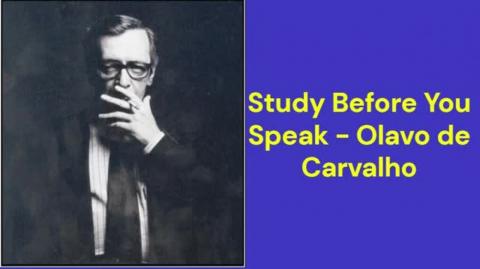
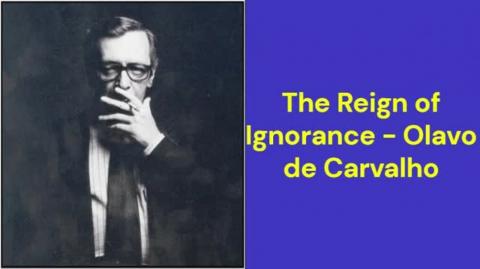
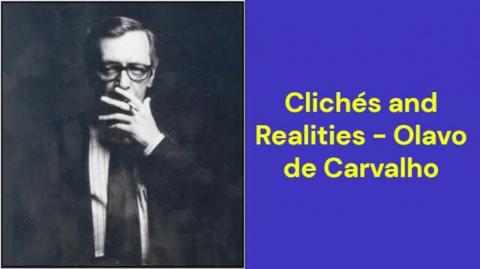
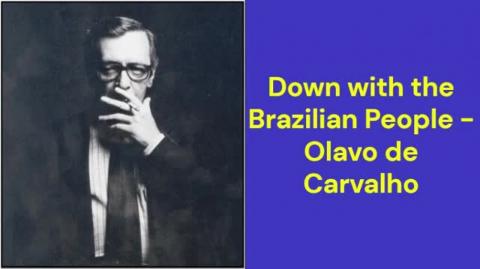

Log in to comment